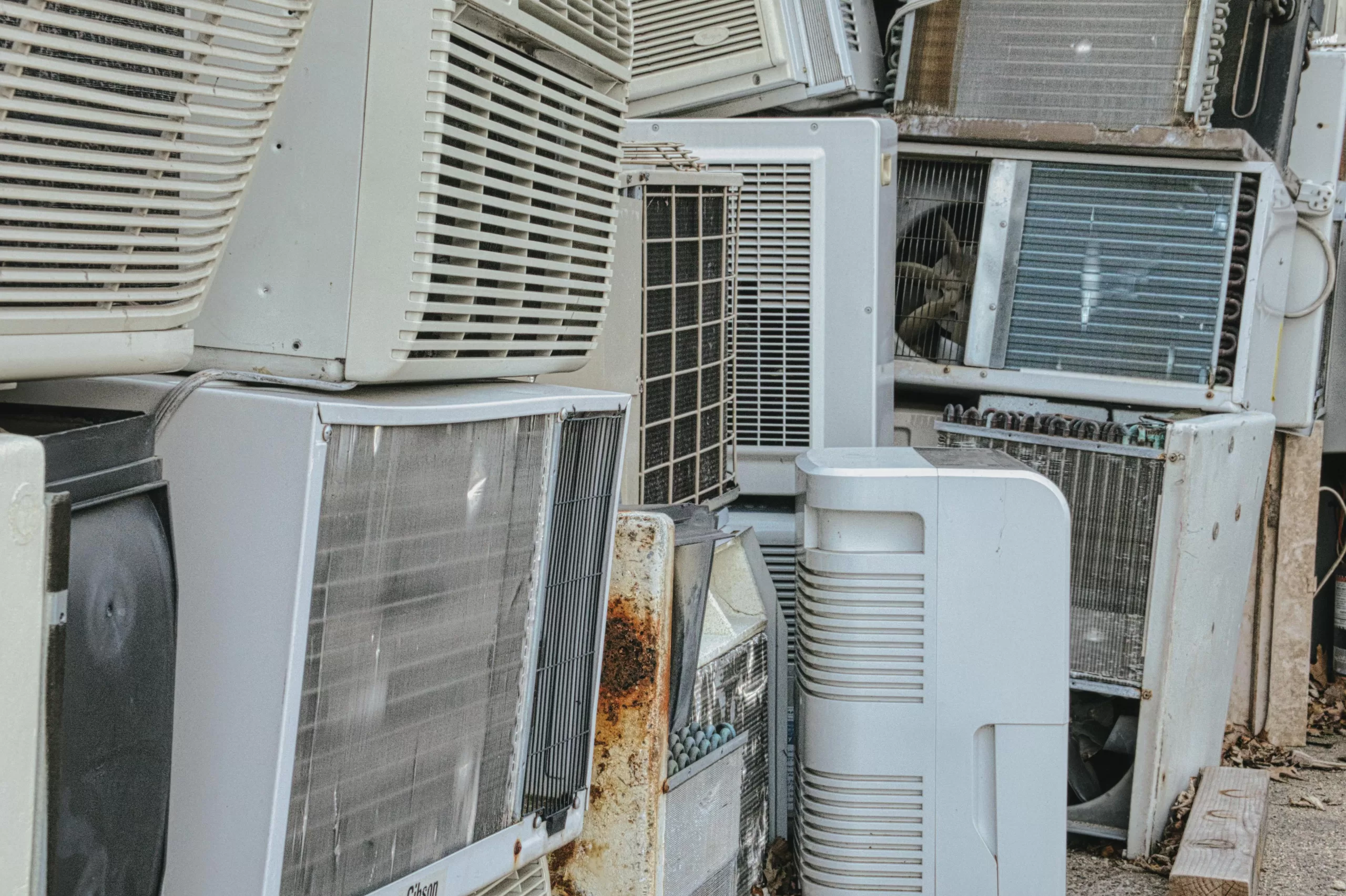Compressors are at the heart of many critical systems in industries ranging from refrigeration and air conditioning to HVAC and manufacturing. They drive essential processes, regulate pressures, and ensure system efficiency. However, these machines, particularly those powered by electric motors and complex control electronics, can generate electromagnetic interference (EMI) and radio frequency interference (RFI) that can affect their own performance and disrupt nearby equipment.
This first part of our article will explore why RFI/EMI interference is a concern for compressors, and the role filters play in mitigating these issues.
Understanding RFI/EMI Interference
To better appreciate the value of RFI/EMI filters, it’s important to first understand what EMI and RFI are and why they matter in the context of compressors:
- Electromagnetic Interference (EMI) is the unwanted disruption caused by electromagnetic fields emitted by electrical devices. These disturbances can interfere with other electronic equipment, causing malfunctions, inaccurate readings, or even system failures.
- Radio Frequency Interference (RFI) is a specific type of EMI involving high-frequency signals within the radio spectrum (30 Hz to 300 GHz). These signals can negatively impact sensitive devices like communications systems, medical equipment, or digital controls commonly used in compressor systems.
Sources of EMI/RFI in Compressors
Compressors, particularly modern versions with advanced controls and inverters, are potential sources of EMI/RFI:
- Electric Motors: Compressors typically use electric motors to drive their mechanical components. These motors generate substantial electromagnetic fields, which can lead to EMI.
- Power Electronics: Devices such as variable frequency drives (VFDs), inverters, and other power electronic components often used in compressors to regulate motor speed can generate high-frequency switching noise. This can lead to both conducted and radiated EMI.
- Control Systems and Sensors: Compressors use digital controllers, sensors, and communication lines that can be vulnerable to the disruptive effects of EMI, potentially causing malfunctions in pressure readings, temperature control, or failure to operate.
The Role of RFI/EMI Filters in Compressors
To combat the challenges posed by EMI and RFI, many compressor systems incorporate RFI/EMI filters. These filters work by reducing or eliminating electromagnetic noise, ensuring that the compressor operates efficiently and without interference.
Sakura India RFI/EMI Filters are designed specifically to protect sensitive compressor electronics from these issues. The filters are engineered to provide effective suppression of both high-frequency noise and power surges, helping compressors meet regulatory requirements while ensuring optimal operation.
Why Choose Sakura India RFI/EMI Filters?
- Superior Performance: Sakura India RFI/EMI filters are designed to provide robust filtering for compressors, preventing EMI from radiating to surrounding equipment or being conducted through power lines.
- High Reliability: With years of expertise in EMI/RFI solutions, Sakura India offers filters that deliver long-lasting protection, reducing the risk of equipment failure and downtime.
- Compliance with Global Standards: Sakura India’s filters comply with international standards such as IEC, CISPR, and EN, ensuring your compressor meets necessary regulatory requirements.
- Customization Options: Sakura India offers a wide range of filter types and configurations to suit different compressor systems, whether for small, industrial, or commercial applications.
Key Benefits of Using Sakura India RFI/EMI Filters in Compressors
- Enhanced System Performance: Minimize interference and maintain consistent compressor operation.
- Improved Compliance: Ensure your compressor meets electromagnetic compatibility (EMC) standards.
- Extended Equipment Life: Reduce the wear and tear on sensitive electronic components, extending the lifespan of compressors and associated systems.
In the next section, we will explore the technical workings of RFI/EMI filters and how they improve compressor performance, along with a deeper dive into filter types and their benefits.




